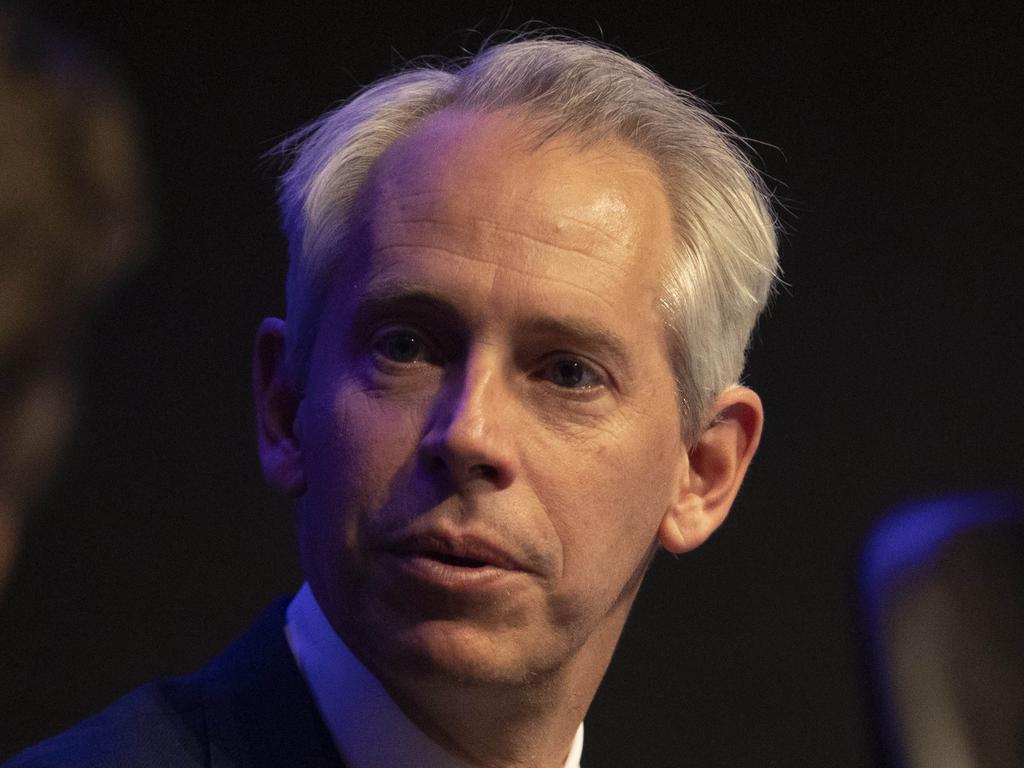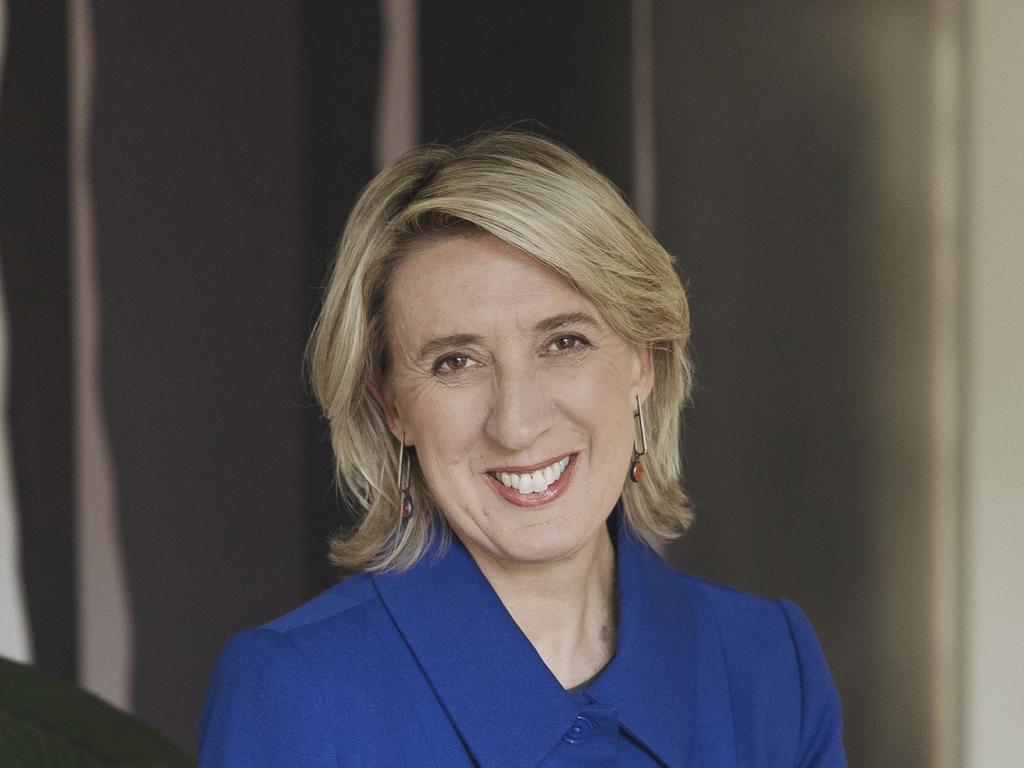Accusing Go8 unis of ‘greed’ doesn’t address foreign student risk

Professor Craven is well placed to opine on greed in Australian universities. He is the immediate former vice-chancellor of Australian Catholic University. In 2018, he had a reported salary of $1.25m, just behind that of the highest paid vice-chancellor, Michael Spence of Sydney University, a substantially larger university. Craven stepped down in January 2021 after a tenure of 13 years.
Contradictions of fact do not seem to trouble Craven. He claims Australia’s elite universities “dynamited our university system by mainlining on lucrative international students, who disappeared with Covid”. A few paragraphs later he tut-tuts that “in 2021, Sydney University alone collected $1.3bn in international student fees”.
Far from being a disaster to the finances of the Group of Eight universities, demand from international students has been resilient; they are forecast to comprise close to a majority at several of the Go8. But you wouldn’t know of it from Craven. While the reputations of the Go8 have served them well, it is the likes of ACU that have found it difficult to navigate the post-Covid era.
Last November ACU announced that because of falling enrolments it would cut 8.2 per cent of its professional staff (the equivalent of 106 positions) to save $16.5m. Then in September this year it declared the closure of two research departments and its intention “to axe more than 30 academic jobs, including in its signature theology studies”. The Sunday Age reported that “many of the academics facing redundancy are leaders in their field who were headhunted by the university and left positions at Oxford, Cambridge and Yale to move their families to Australia”.
Ironically, in view of Craven’s jeremiad on the perils of relying on foreign students, The Australian reported last November that the “ACU is counting on an increase of 570 students overall in 2023 as international student numbers grow sharply and return to 2019 levels”.
Notwithstanding the above, one way to sound profound about Australian higher education is to claim, as Craven does, that relying on overseas students is risky. This is true. It is also true that relying on government funding is risky and this is not just the case in Australia. As Gareth Williams, head of policy studies at the Institute of Education at the University of London, has written: “British universities have discovered since the 1980 that the instability of government funding can be even greater than that of the marketplace. They must have the opportunity of generating some surpluses so that they are cushioned to some extent against passing whims and changes in fashion.”
The Australian experience is similar. As Andrew Norton commented in 2015: “Labor’s final Budget in 2013 announced an ‘efficiency dividend’ [an Orwellian term for a budget cut] of 2 per cent in 2014 and 1.25 per cent in 2015. … The efficiency dividend proposal marked a turning point in higher education politics. Until then, few vice-chancellors publicly supported fee deregulation for domestic undergraduates. By the time the Abbott government announced its fee deregulation plan in May 2014, most vice-chancellors were prepared to support it. This was not because of any ideological shift. They would still have preferred government support if only it wasn’t so unreliable.”
The reality is that all funding is risky. The sensible response is to diversify. It’s not rocket-science, but when the Go8 diversifies its sources of international students by looking beyond China to countries such as India, Craven crankily claims that “universities that previously supplied supportive, quality education to these students are left fuming and financially bereft. This is less market failure than a competitive con job.”
It’s not obvious that the international students who enrol at the Go8 universities would otherwise have enrolled at ACU or similar institutions. Craven supplies no supporting statistics nor does he explain how the exercise of choice by foreign students to enrol at Go8 institutions that typically charge higher fees and have higher entry standards is a con-job or market failure or indeed how ACU provides supportive quality education to its students.
Craven’s piece may be an evidence-free zone but media reports indicate why international students may find the Go8 universities more attractive. It was reported last year that ACU set an ATAR cut-off of “barely below 50” (the bottom 10 per cent of school leavers) for an accounting and finance degree. Higher Education policy expert Andrew Norton commented that “half the students with an ATAR below 50 would fail to complete their degree”.

In February 2020 The Herald Sun reported that Craven “slammed calls to raise teacher standards saying it has been a disaster and has prompted the collapse of the teaching profession”. The notion that raising standards would ruin the teaching profession is a quixotic view, at odds with other experts quoted in the piece.
A key stakeholder had a sense of what might be motivating Craven’s call for a lower entry standard for teaching. Announcing a rise in minimum ATAR for teaching degrees, Victorian then-education minister James Merlino declared “our reforms are focused on improving teaching standards, not propping up [universities’] business model”.
Gordon Winston, an economist who specialised in higher education, described the university as being “half church, half car dealer”, devoted partly to charity and partly to commerce. He claimed the result is a tension between doing good and doing well. It’s a fair comment. Not many in the sector can stand on a moral pedestal, perhaps not even former vice-chancellors of the ACU.
Ray da Silva Rosa is professor of finance and chair of academic board at the University of Western Australia.







Greg Craven’s recent polemic, The greed of Australia’s top unis has no cap, provoked me to look up the definition of sophistry: “The practice of using clever arguments that sound convincing but are in fact false”.